Annual Report 2021
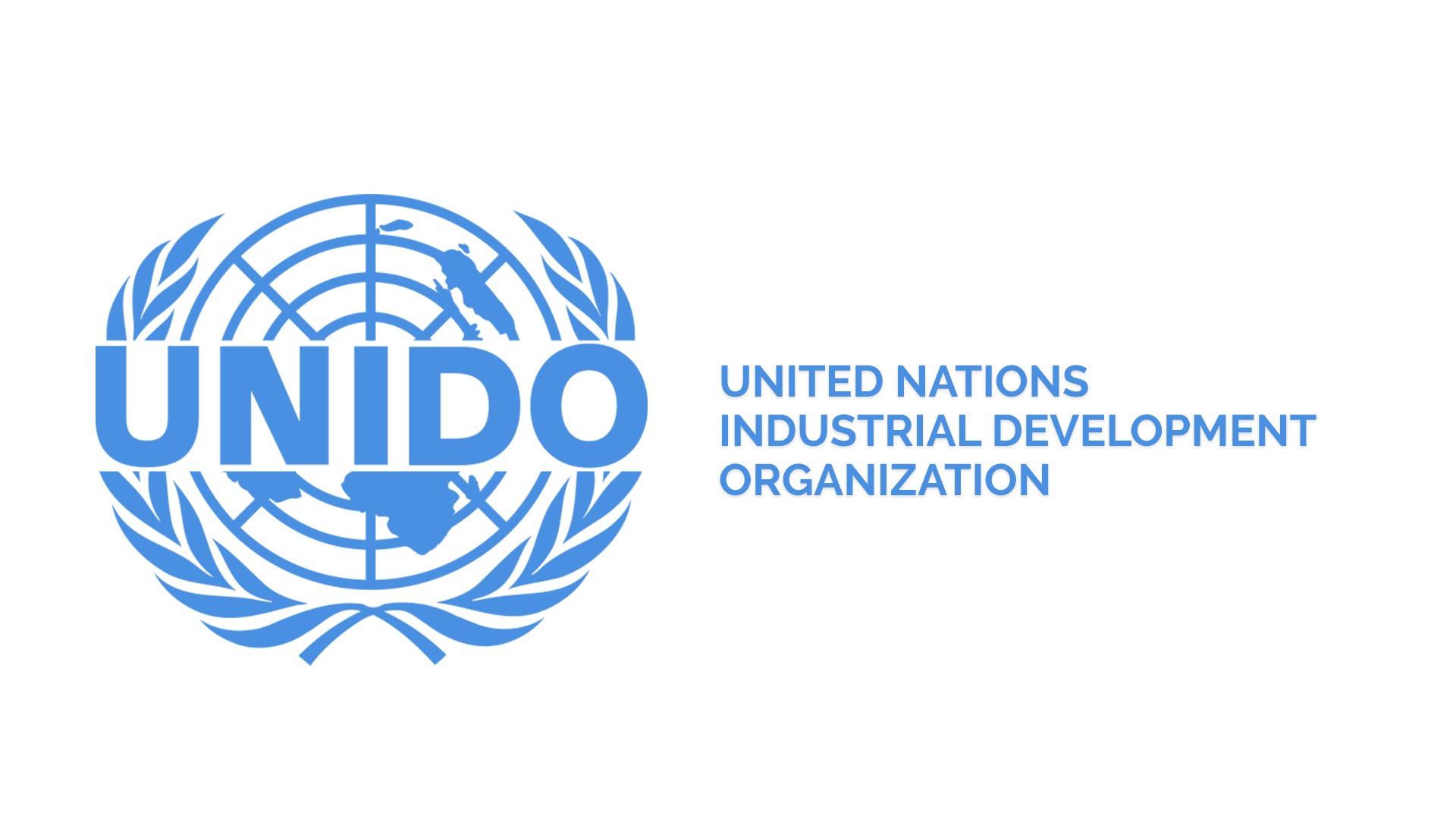
In 2021, the COVID-19 pandemic had the world firmly in its grip for the second year. The consequences are dramatic and go far beyond a health emergency. We are witnessing a poly-pandemic with a severe impact on livelihoods, education, inequalities, poverty, economic growth and global stability. Development progress of several decades is being undone. Hundreds of millions of people have fallen back into poverty.
This crisis is also showing us the value of multilateralism and the importance of practical and effective solutions. It is opening our eyes to existing fragilities and growing inequalities.
Our world is more connected than ever before. We can no longer close our eyes to the global crises that are a threat to our future. We have to take decisive action to address poverty, climate change and the accelerating loss of biodiversity and the resources essential for the survival of humankind.
PRIVATE SECTOR AND DEVELOPMENT 37 : FACED WITH THE CRISIS, WHAT PROSPECTS FOR THE PRIVATE SECTOR?
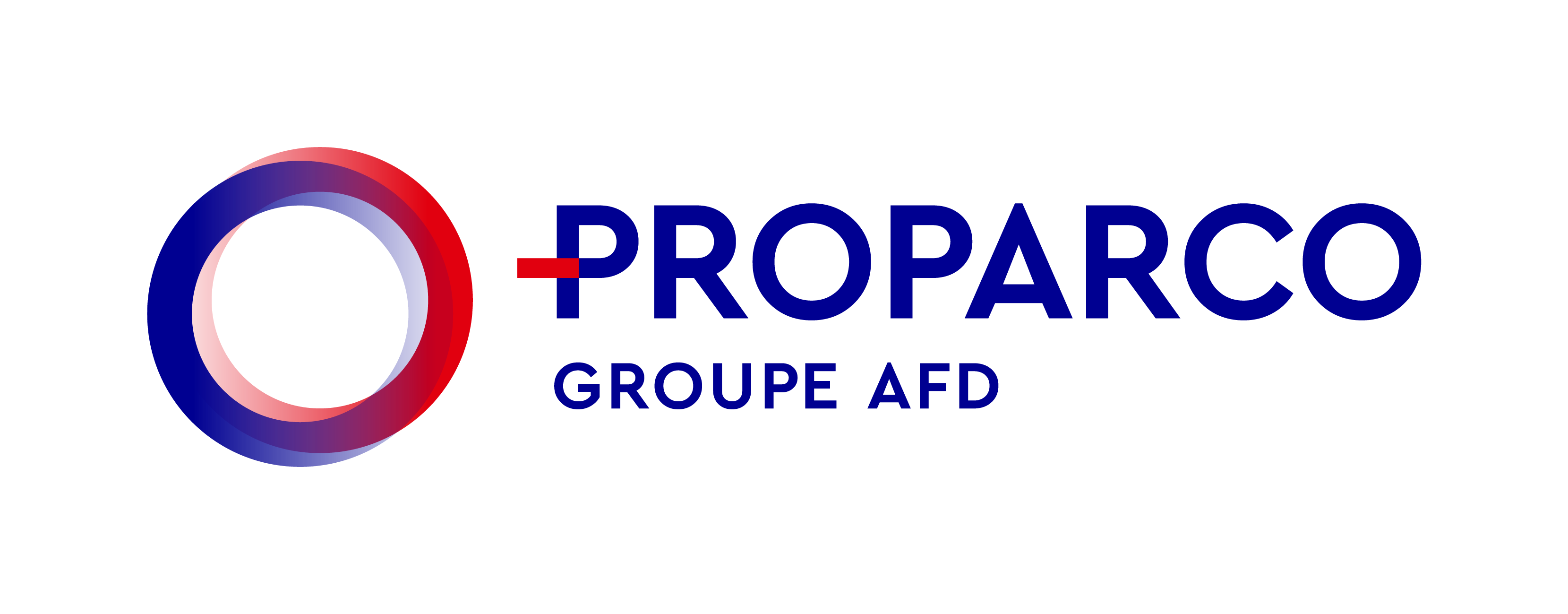
The spread and impact of Covid-19 on populations around the world has triggered unprecedented economic shock waves. In emerging and developing countries in particular, the entrepreneurial fabric has been severely damaged by the effects of health measures and the freezing of many local commercial activities. Whole sectors of these economies have been slowed down and MSMEs – which account for up to 80% of formal jobs in these countries – have suffered significant financial difficulties.
The Potential Global Economic Impact of the Metaverse

This study investigates the potential contribution of the metaverse to global economic activity. The metaverse as conceived today is considered by many a “successor” of the Internet and is sometimes referred to as an “embodied Internet.” One way to think about the metaverse is as a set of interconnected digital spaces, including immersive XR experiences that combine the digital and physical words, in which individuals can easily move between different spaces and experiences as well as interact and collaborate with other people who are not in the same physical space. Some of the early components of the metaverse and the experiences and activities it is envisioned to support or enable are already in exhibit, such as augmented reality, virtual reality, mixed reality, blockchain, and non-fungible tokens. These technologies, which are expected to be the backbone of the metaverse and its offerings, are already being used around the world by businesses and creators. As users continue to adopt these technologies, their potential to transform society in unpredictable ways will only accelerate.
Jobs Undone: Reshaping the Role of Governments toward Markets and Workers in the Middle East and North Africa
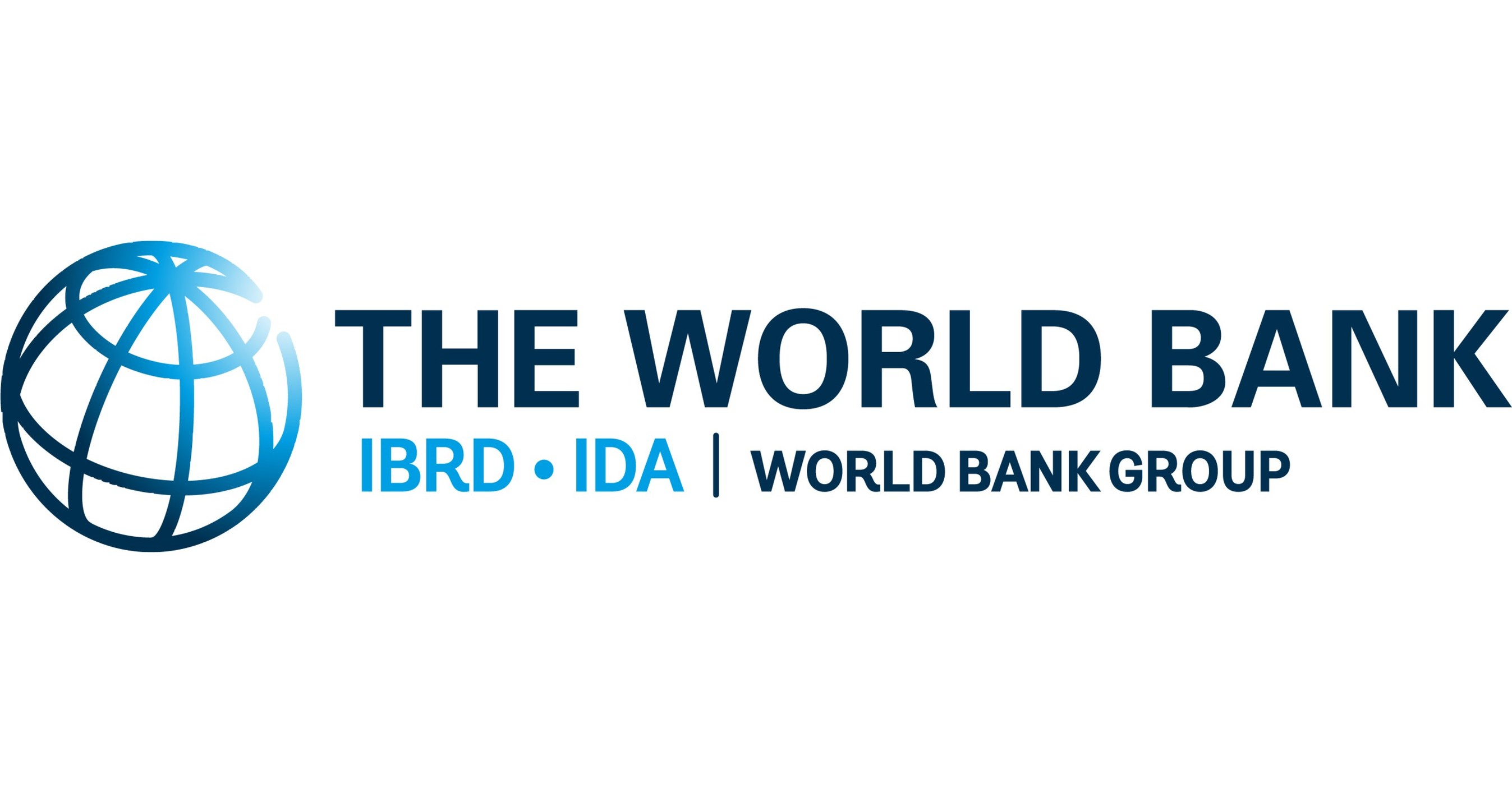
Employment in countries in the Middle East and North Africa (MENA) has grown one percent per year on average within private sector firms, which is much lower than the five percent average among other middle-income peers. In addition, the female labor force participation rate of 20% is the lowest in the world. And countries in the region also experience the high youth unemployment rate estimated at 26%.
Ensuring the private sector can gain access to markets and compete equally with government-run businesses is vital for countries across MENA to create the jobs needed to strengthen employment opportunities for all.
Africa Green Growth Readiness Assessment
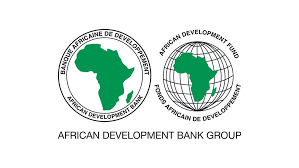
Climate change is already impacting Africa disproportionately, and will continue to do so, primarily by affecting the sectors that are key to the livelihoods of vulnerable communities, such as agriculture, forestry, and fisheries. Protecting natural areas and providing access to energy and quality infrastructure remain challenging in many countries on the continent, especially in Sub-Saharan Africa. The green growth approach is seen as a viable model for the delivery of climate-resilient and climate-compatible growth that ensures sustainable consumption and production patterns. As income and gender inequalities remain a significant barrier to achieving overall human development despite increases in average GDP per capita in many African countries, the green growth model is also pursued as a way to achieve inclusive growth by creating green and decent jobs; providing better basic services including access to energy, drinking water, and sanitation; closing the digital divide; improving air quality; and contributing to climate action simultaneously. Ensuring climate-compatible economic growth is especially crucial on a continent poised to become the growth frontier of the world; it currently hosts six of the top ten fastest-growing economies and its young and increasingly urban population will grow to 2.2 billion by 2030.
Investing in sustainable development

The European Commission has published their progress report on investing insustainable development. Relating to investments in Africa the report covers the recent EU-Africa Business Forum and how it highlighted the important role of private sector development and investment to promote jobs and growth in Africa. It also covers the Investment Climate Reform Facility and its support of public-private dialogue on investment climates in African countries.
Financing the Sustainable Development Goals (SDGs) requires massive public and private investment to make them a reality for all people, everywhere. The COVID-19 pandemic has added to the urgency of tackling development challenges. This report on investing in sustainable development comes at a critical juncture, as resources are dwindling while needs are rising. The decline in financial resources for sustainable development is largely ascribable to COVID-19. GDP in developing countries in 2022 is projected to be about 7.5% lower, on average, than what was expected before the health crisis. Estimates provided by the International Monetary Fund in April 2021 (IMF, 2021) show that fiscal balances in low-income developing countries deteriorated by 1.6% of GDP between 2019 and 2020, growing from -3.9% to -5.6%. Resources generated by external flows also declined: foreign direct investment in developing countries fell by EUR 450 billion (-40%), developing countries’ merchandise exports to the European Union (EU) by almost EUR 100 billion, and remittances by close to EUR 10 billion (UN, 2021).
Economic development in Africa: Reaping the potential benefits of the African Continental Free Trade Area for inclusive growth
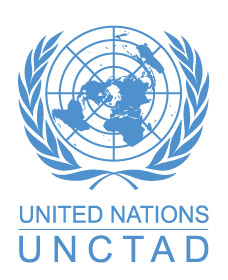
The UNCTAD report Economic Development in Africa Report 2021: Reaping the Potential Benefits of the African Continental Free Trade Area for Inclusive Growth aims to equip Governments in Africa and development partners with the knowledge of how the African Continental Free Trade Area can be beneficial for inclusive growth and how complementary policies are necessary to make the Free Trade Area inclusive across and within countries in Africa.
Central African Republic: From Fragility to Accelerated and Inclusive Growth

HIGHLIGHTS
- Reforms have not produced sustained growth over the past decades due to political instability, weak governance that creates opportunities for elite capture, and mismanagement of natural resource wealth, says the latest Country Economic Memorandum published by the World Bank.
- Consequently, CAR remains one of the world’s poorest and most fragile countries.
- The report examines how CAR has managed at this point and provides recommendations to accelerate growth over the next decades.
Africa’s Pulse in Five Charts: Boosting Resilience Through Social Protection

Africa’s Pulse is a bi-annual publication of the Office of the Chief Economist in the World Bank Africa Region. It analyzes the short term economic prospects for the continent and current development challenges, as well as a special development topic.
The latest edition of Africa’s Pulse says growth recovery has slowed as the region faces new economic threats, including new COVID-19 (coronavirus) variants, global inflation, supply disruptions and climate shocks. These challenges are compounded by Russia’s invasion of Ukraine, which has led to increasing international prices on commodities, particularly food staples, fertilizers, oil and gas. As global inflationary pressures increase, African economies are also faced with the likelihood that advanced economies will withdraw the policy stimulus deployed at the start of the pandemic.
World Economic Outlook: War sets back the global recovery
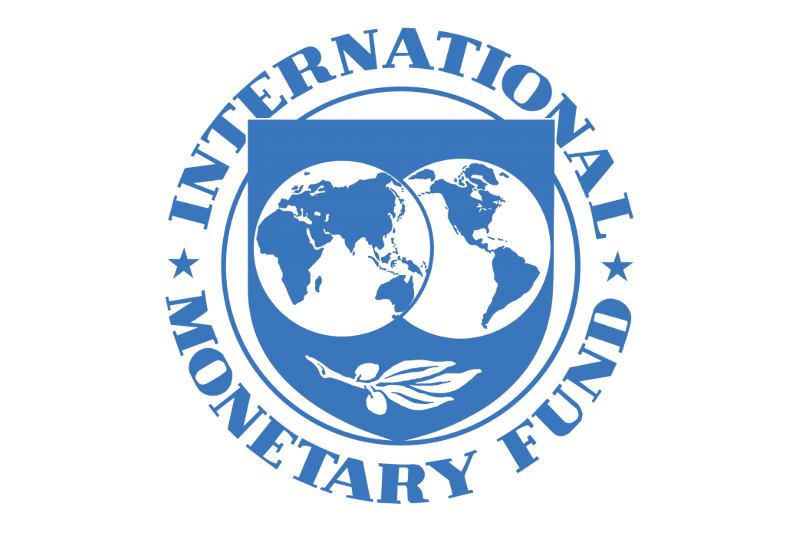
The International Monetary Fund (IMF) has published its new World Economic Outlook. WIth regards to Africa it covers the effect that soaring commodity prices are having on the continent, particularly as the region is highly sensitive to fluctuating food prices - Russia and Ukraine being the major global producers of wheat.
The war in Ukraine has triggered a costly humanitarian crisis that demands a peaceful resolution. At the same time, economic damage from the conflict will contribute to a significant slowdown in global growth in 2022 and add to inflation. Fuel and food prices have increased rapidly, hitting vulnerable populations in low-income countries hardest.
Global growth is projected to slow from an estimated 6.1 percent in 2021 to 3.6 percent in 2022 and 2023. This is 0.8 and 0.2 percentage points lower for 2022 and 2023 than projected in January.
Beyond 2023, global growth is forecast to decline to about 3.3 percent over the medium term. War-induced commodity price increases and broadening price pressures have led to 2022 inflation projections of 5.7 percent in advanced economies and 8.7 percent in emerging market and developing economies—1.8 and 2.8 percentage points higher than projected last January. Multilateral efforts to respond to the humanitarian crisis, prevent further economic fragmentation, maintain global liquidity, manage debt distress, tackle climate change, and end the pandemic are essential.




